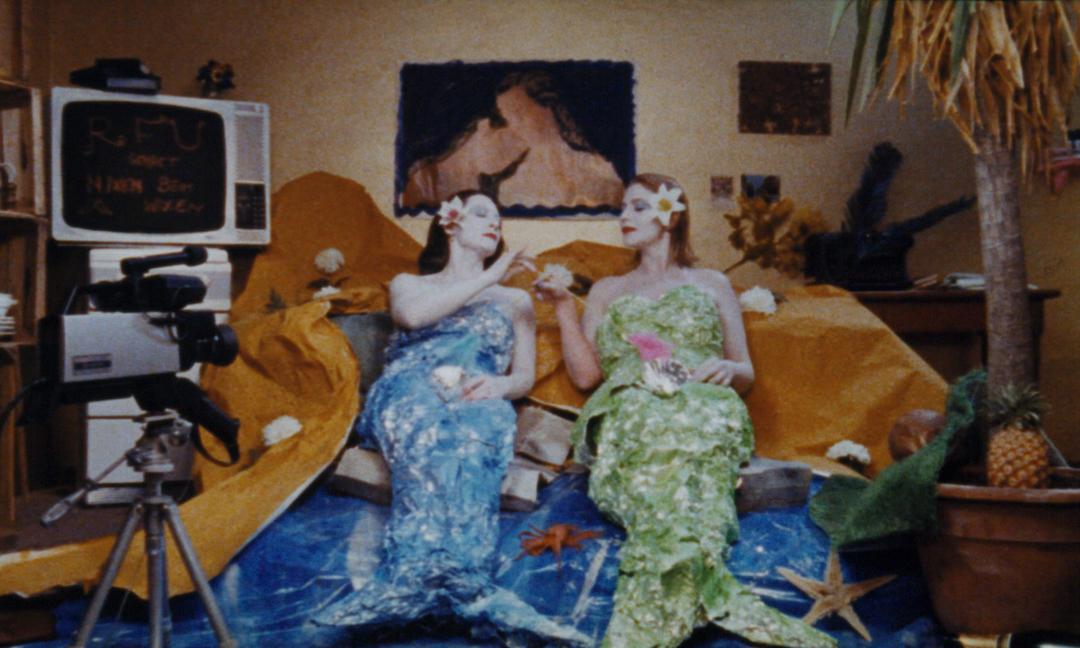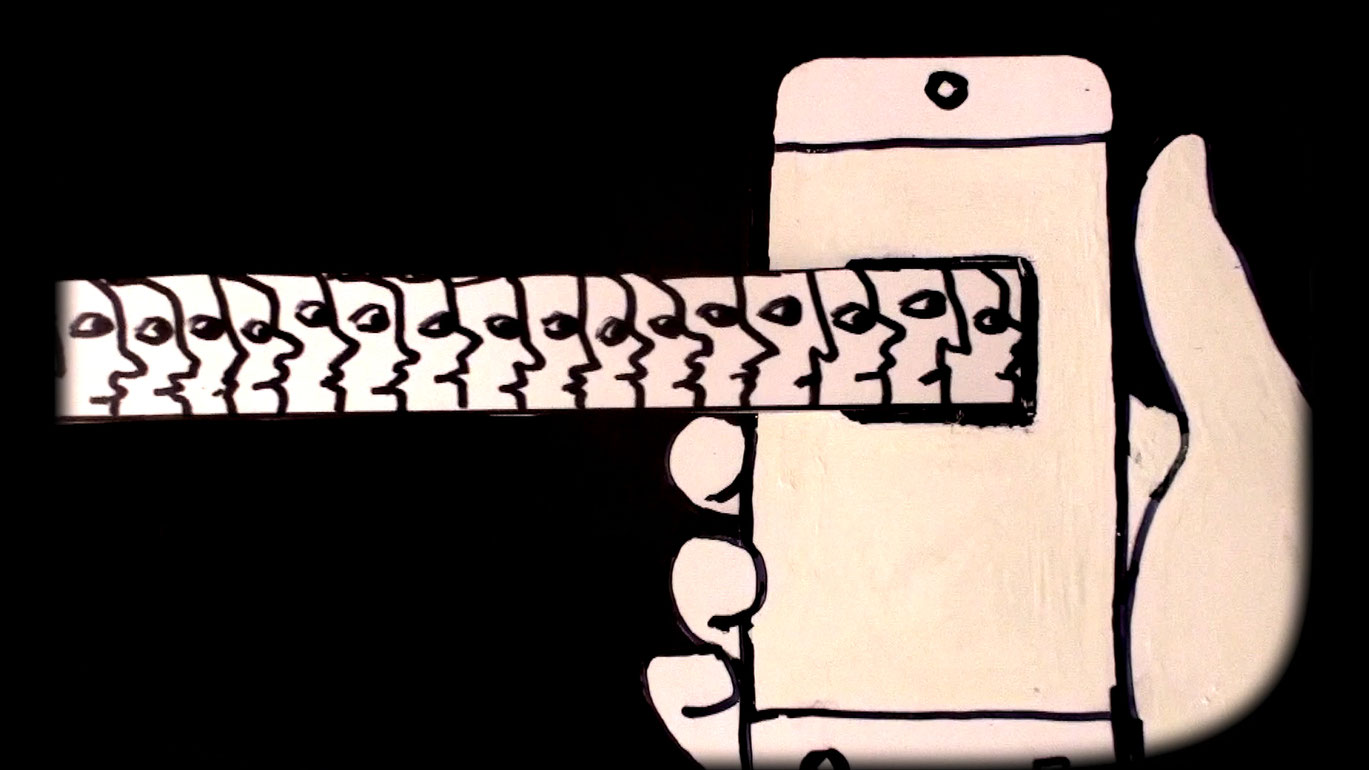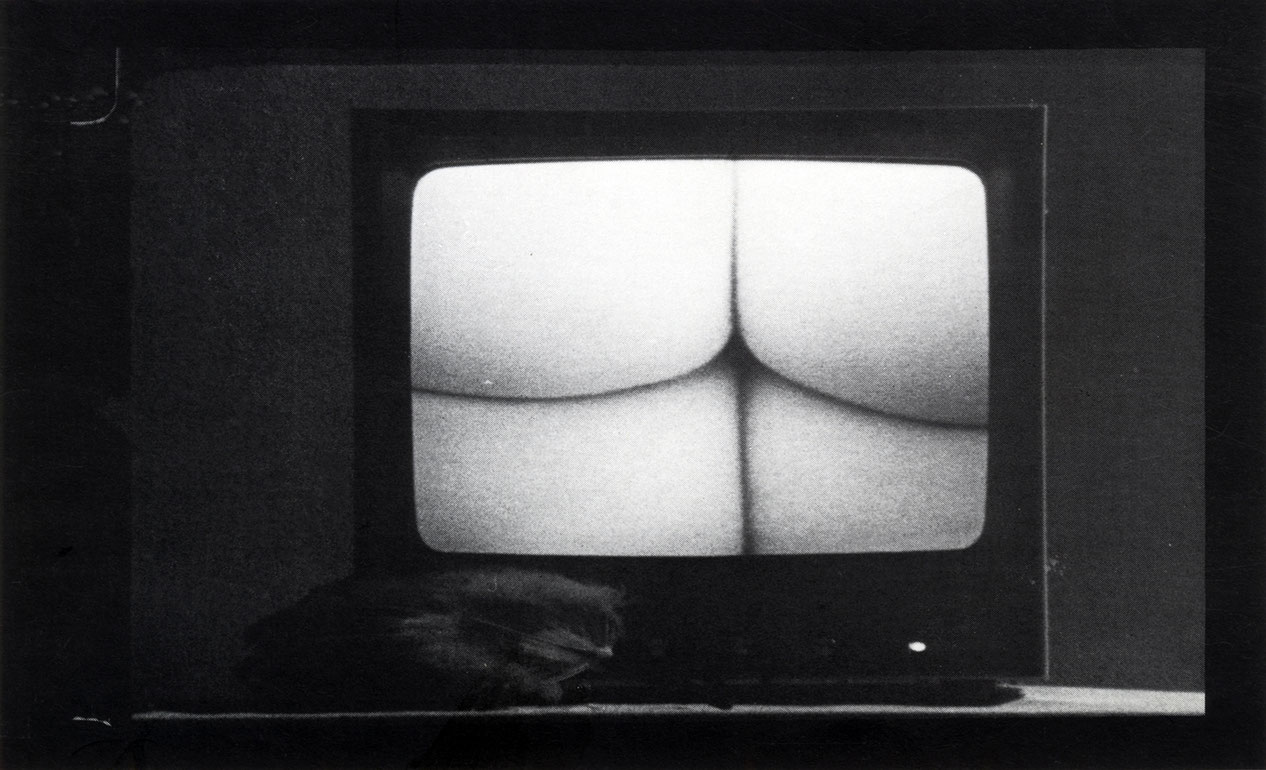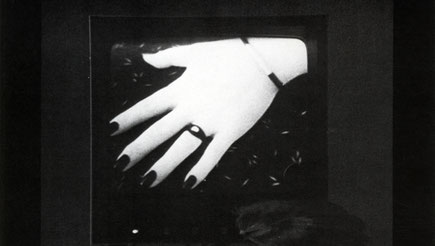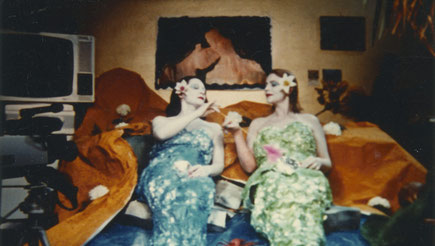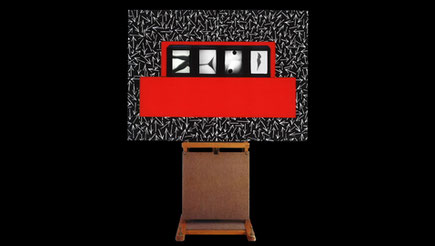Revolution of the Eyes Films by Friederike Pezold (pezoldo)
"The beginning began with a downfall as always when I begin," wrote artist and filmmaker Friederike Pezold in 1979 about the creation of her film Toilette. At this point the work had already celebrated its premiere at the Berlinale Forum. Downfall was averted and a virtue was made out of necessity. This already establishes some of the core, resistive traits of Pezold's (who has also worked since 1991 under the gender-neutral name of pezoldo) multiverse: not just complaining, but fighting back; rebelling against the Zeitgeist and "all the shit that is shat on your head and heart on a daily basis;" revolution, loud and without false modesty.
The consistency and absolute urgency with which pezoldo articulates this revolt – and lives it above all – is a rare value. Since the late 1960s, the trained therapist has explored and acted at the intersection of fine arts, film/video, and multi-media art. From the early video sculptures and photo series to the most recent film Revolution der Augen (2022), her art always attacks dominant conditions and unrelentingly fights the "revolution of seeing": How do we see? How have we seen? How will we see in the future?
The continuous re-evaluation of her own work acquires a special value in this GAZE-ALTERING TOTAL WORK. More than once, pezoldo has sparked a furor at international festivals with her films, but she only considers three of them to still be good enough for posterity: Toilette (1979), Canale Grande (1983), and Revolution der Augen. In their combination at the Austrian Film Museum, humor, insolence, and the factors of time and duration are foregrounded. While contemporary everyday and media reality with its "overdose of digital shit-pictures" is leading to an increasing overburdening, Pezold fights for space within it for a way of looking with the utmost intensity.
And she fights for this space as a radically independent artist who refuses all the "supposedly prestigious art world-representation-fuss" despite invitations to festivals and exhibitions around the world – from MoMA to the Centre Pompidou, from documenta to the Biennale – sometimes by withdrawing completely from the public eye. Pezold was never interested in ingratiation. "She is the woman who creates her own universe," attests Amos Vogel in relation to her probably most accessible film, Canale Grande, shot by camerawoman Elfi Mikesch. Pezold's work nevertheless – or for this very reason – has become one of the best-kept secrets of Austrian film history.
Although a rediscovery of her work is fortunately now here, pezoldo is still surrounded, after sixty years of making art, by an aura of refreshing unruliness. Even her most recent film Revolution der Augen, which may consolidate her artistic language most clearly, is neither pleasing nor must it please. In pezoldo's unmistakable, offensive style – slowed down, emptied out, and de-noised – it is a matter of nothing less than saving a dying – concentrated – kind of perception. Productively rendered downfall has always been part of this undertaking. As the beginning of a beginning: of the development of a new gaze. (Sebastian Höglinger / Translation: Ted Fendt)
A collaboration between Austrian Film Museum and sixpackfilm
Österreichisches Filmmuseum
Augustinerstraße 11010 Wien
Kartenreservierungen: 533 70 54 oder online: filmmuseum.at

